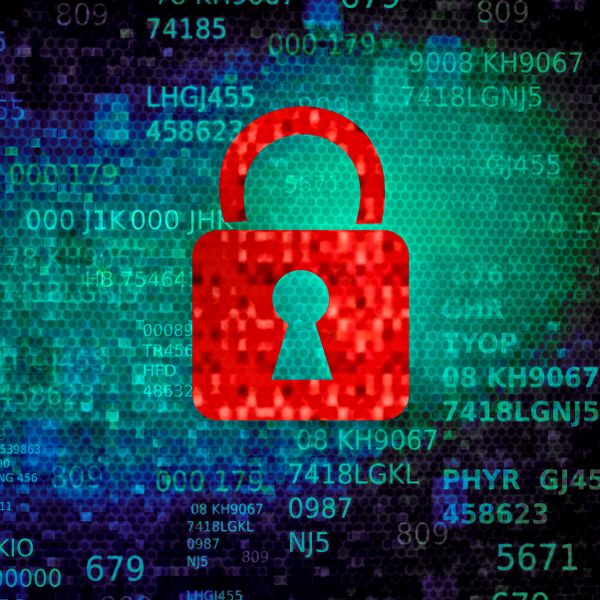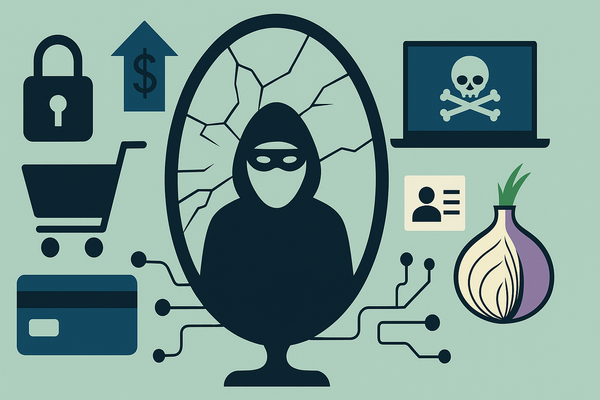Australia Gives up its Internet Filtering Plan

After years spent on setting up a mandatory filter for its domestic Internet, Australia reconsiders the plan and decides to use instead Interpol`s list of worst child abuse websites to protect users.
Local internet providers will no longer be asked to filter all computer traffic. Starting this year they will block child abuse websites that are already illegal and on the Interpol`s list of the “worst of the worst” web content despite the initial ruling of filtering and blocking all content directly linked to explicit pornography, information on drugs and crimes.
“Blocking the Interpol ‘worst of’ list will help keep children safe from abuse, it meets community expectations, and fulfills the Government’s commitment to preventing Australian internet users from accessing child abuse material online,” says Communications Minister Stephen Conroy. “Given this … the Government has no need to proceed with mandatory filtering.”
In 2007, Labor proposed to have all local internet filtered, but the attempt became soon controversial and labeled by opponents as internet censorship. Trials for the filtering process proved however buggy, blocking legitimate websites along with illegal ones. Some argued it would also lead to sluggish internet speed and data blockages.
Some internet providers have already started to block sites for some months now and apparently this hasn`t visibly affected the Internet for the people subscribed to their services. These positive reactions led Senator Conroy to encourage all internet companies to pay attention to notices that require them to block certain illegal websites.
The Australian Federal Police will be the one to issue these notifications for the local internet service providers and all banned sites will be reviewed by authorities from at least two countries before a final decision is taken. Meanwhile, according to theage.com.au the Australian Christian Lobby demands stricter measures against sites displaying sexual explicit content.
tags
Author
A blend of product manager and journalist with a pinch of e-threat analysis, Loredana writes mostly about malware and spam. She believes that most errors happen between the keyboard and the chair.
View all postsRight now Top posts
Cybercriminals Use Fake Leonardo DiCaprio Film Torrent to Spread Agent Tesla Malware
December 11, 2025
Genshin Impact Scam Alert: The Most Common Tricks Used Against Players
December 05, 2025
How Kids Get Automatically Added Into WhatsApp Groups with Horrific Imagery Without Consent
November 24, 2025
FOLLOW US ON SOCIAL MEDIA
You might also like
Bookmarks









